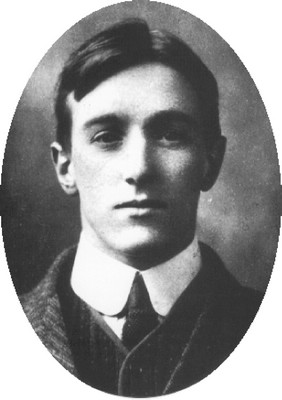Source: Outlines of a Philosophy of Art, 1925, p. 7
Famous R. G. Collingwood Quotes
Source: The Idea of History (1946), p. 10
Source: "Some Perplexities about time: with an attempted solution" (1925), p. 150
“The ideal and the real are not mutually exclusive. A thing may be ideal and also real.”
Source: "Some Perplexities about time: with an attempted solution" (1925), p. 150
Source: "Some Perplexities about time: with an attempted solution" (1925), p. 149. as cited in: Jonathan Gorman, "The transmission of our understanding of historical time." Historia Social y de la Educación 1.2 (2012): 129-152.
Source: The Principles of Art (1938), p. vi
R. G. Collingwood Quotes about art
Source: The Principles of Art (1938), p. 134
R. G. Collingwood (1925). "Plato’s philosophy of art." In: Mind. Vaduz, vol. XXXIV, pp.156-7
Abstract
Outlines of a Philosophy of Art, 1925
R. G. Collingwood Quotes
Source: The Idea of History (1946), p. 9
R. G. Collingwood (2005). "Man Goes Mad" in The Philosophy of Enchantment. Oxford University Press, 318.
Source: Outlines of a Philosophy of Art, 1925, p. 41
Source: The Principles of Art (1938), p. 268
Source: The Principles of Art (1938), p. 269
R. G. Collingwood (1937), as cited in: Patrick Suppes (1973), Logic, methodology and philosophy of science: Proceedings.
